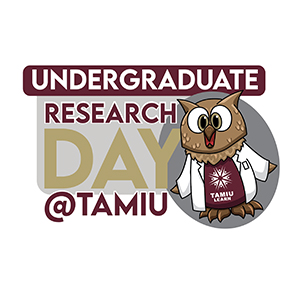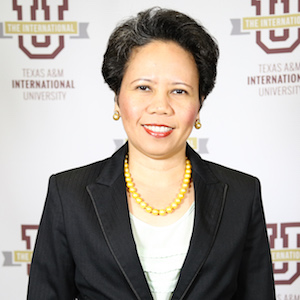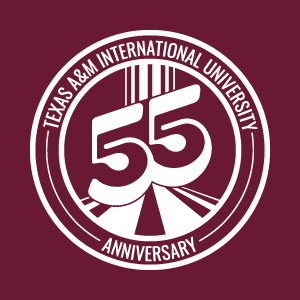TAMIU Nursing Students, Laredo Stroke Support Group Share COVID-19 Outreach Initiative
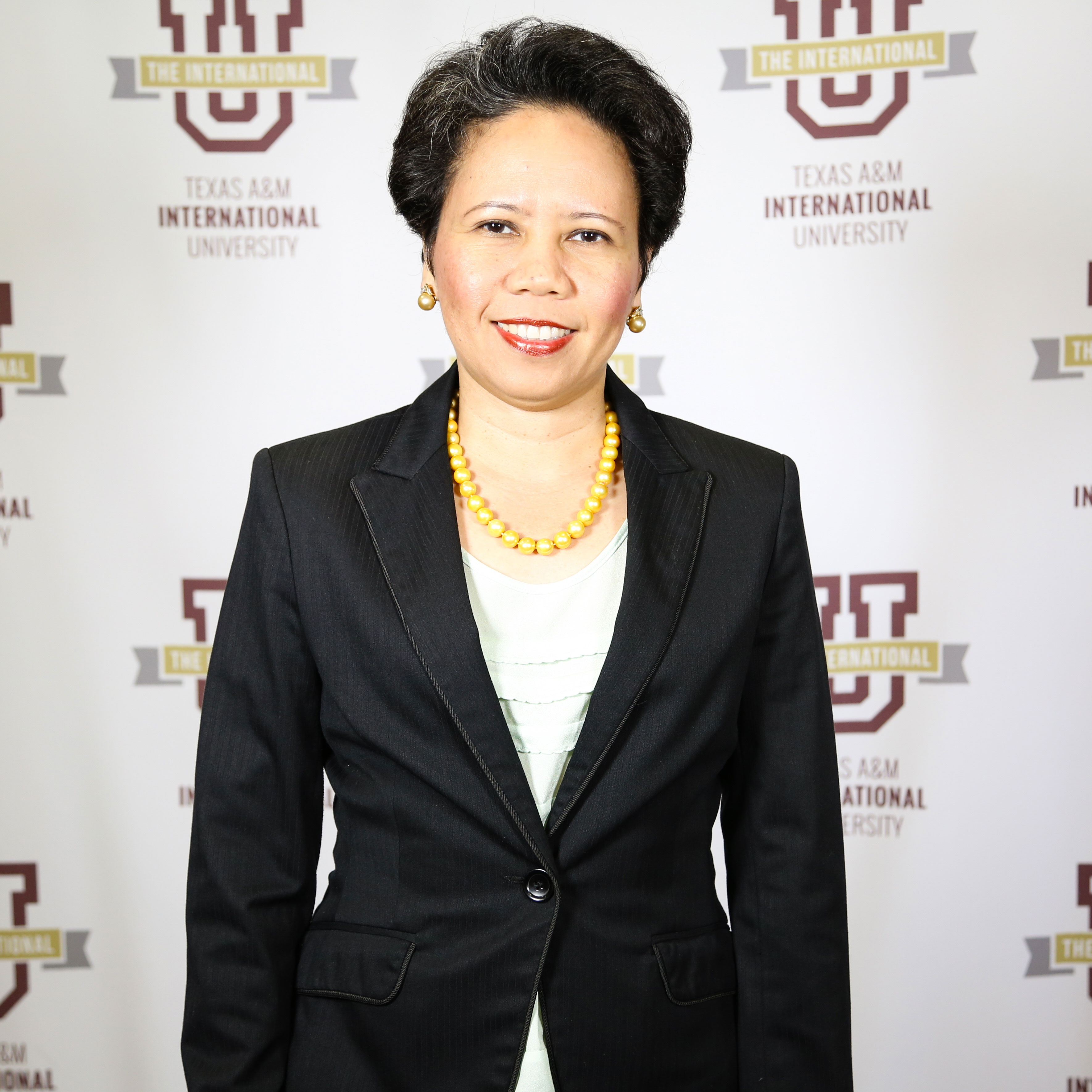
Knowing that someone is listening and cares is important to everyone. The importance of communicating that care has never been more needed than during the ongoing COVID-19 pandemic response.
Texas A&M International University’s (TAMIU) College of Nursing and Health Sciences, Dr. F. M. Canseco School of Nursing students are reaching out to a segment of Laredo that has the potential to be even more isolated than others: stroke survivors and caregivers. And by reaching out, they have tapped into a mutually fulfilling initiative that’s warming hearts and minds.
“Due to the COVID-19 pandemic, the nursing program faced the challenge of needing a clinical site for the psychiatric mental health course. Our nursing professors approached the Laredo Stroke Support Group for a potential clinical rotation and collaboration. We set up a platform to communicate with Stroke Support Group members, TAMIU students and faculty while maintaining social distancing,” explained Dr. Carol Gunnoe, clinical assistant professor.
Dr. Gunnoe said that the course completion is crucial for Canseco School of Nursing students.
“The clinical practicum of the course is needed for students to develop and practice active listening and therapeutic communication skills for the mental health aspect of nursing care. Students learn about therapeutic communication skills, active listening, mental health assessment and effective coping techniques. It is a venue for students to apply theories and skills into a real-world setting,” she explained.
The entire class of 53 students was trained to interact with stroke survivors.
“Using a structured guide, students interact with stroke survivors using therapeutic communication techniques and active listening. Likewise, students provided preventative health education and group activities such as exercise, art and a tennis class via Zoom. In these online activities, students demonstrated the activities using their non-dominant hand; allowing them to appreciate the challenges stroke survivors face with daily living activities. These activities were aimed to gain a better understanding, and develop empathy and compassion for persons living with a disability, whether physical or psychological,” Gunnoe noted.
TAMIU Dean of the College of Nursing, Dr. Marivic Torregosa, commended faculty efforts and said the experience for both students and Laredo Stroke Support members has been profound.
“Our faculty on this project: Dr. Gunnoe, Dr. Jessie Mena and Amanda Peña, helped make this remarkable collaborative experience with the Laredo Stroke Support Group possible. Our students have truly excelled with this opportunity. Working with the Laredo Stroke Support Group, students developed empathy and compassion for the vulnerable -- especially those living with a disability, whether physical or mental. Our students have certainly gained knowledge and understanding about the resilience of this group, and nuances that may serve as a guide in the planning and management of care for stroke survivors. While attending to physical needs is important, addressing mental health through active listening and therapeutic communication has an enduring effect on care recipients. We are deeply appreciative of the Laredo Stroke Support Group for enthusiastically sharing this experience,” Dr. Torregosa said.
Eliseo Ceja, Laredo Stroke Support Group executive director, shared his perspective on the TAMIU collaboration.
“A handful of our survivors are retired or no longer able to work, so coming to our activities was the perfect time for them to step away from home and mingle with fellow stroke survivors. Since COVID-19 we have had to move most of our activities online. Stroke survivors are at high risk of falling ill due to the virus, leaving a lot of them with the void of interacting with their friends. TAMIU nursing students have definitely filled that void with their check-up calls, and for that, we are immensely grateful. I am so excited to see how our partnership with TAMIU will continue to grow,” Ceja observed.
One Laredo Stroke Support Group participant posted their experience with a TAMIU nursing student on social media, noting:
“I so look forward to her weekly calls as she checks in on me to make sure I’m ok, asks about any concerns I may have, my likes, my feelings, how I’m dealing with the things that overwhelm me or stress me out, and whatever else I want to talk about…God bless her always as I’m confident she will make a wonderful nurse one day, and I look forward to the day that I get to meet her face to face,” they shared.
Torregosa said innovative teaching approaches and collaborations with groups like the Laredo Stroke Support Group help to distinguish Nursing education at TAMIU.
“This initiative underscores the School of Nursing’s resilience and creativity in finding meaningful clinical learning experiences for our students. It affirms that we continue to advance our mission while simultaneously addressing the needs of the community, especially during our ongoing pandemic response. Mental health and therapeutic communication with one another are much needed in these challenging times, and we’re proud to be part of an important solution,” Torregosa concluded.
Founded about 10 years ago, the Laredo Stroke Support Group is a non-profit organization that assists stroke survivors and stroke caregivers in Laredo. In addition to support, it provides meaningful group encouragement, local networking and resources and free therapy activities. Through community partnerships and fundraisers, it works to maintain the group’s mission.
For additional information about the Laredo Stroke Support Group, call 956.775.5774, email knowstroke956@gmail.com or visit their website at https://www.laredostrokesupport.com
In addition to an online RN to BSN degree, the College of Nursing and Health Sciences offers other nursing programs such as traditional BSN program, and BS programs in Communication Disorders and Kinesiology Health Science. A Master’s in Nursing Administration (online), and the new MSN Online Family Nurse Practitioner (FNP) Program are also offered. The BSN and MSN programs have full accreditation from the Texas Board of Nursing and the Accreditation Commission for Education in Nursing.
For more information, call 956.326.3110, email anna.buentello@tamiu.edu or click on https://www.tamiu.edu/conhs/
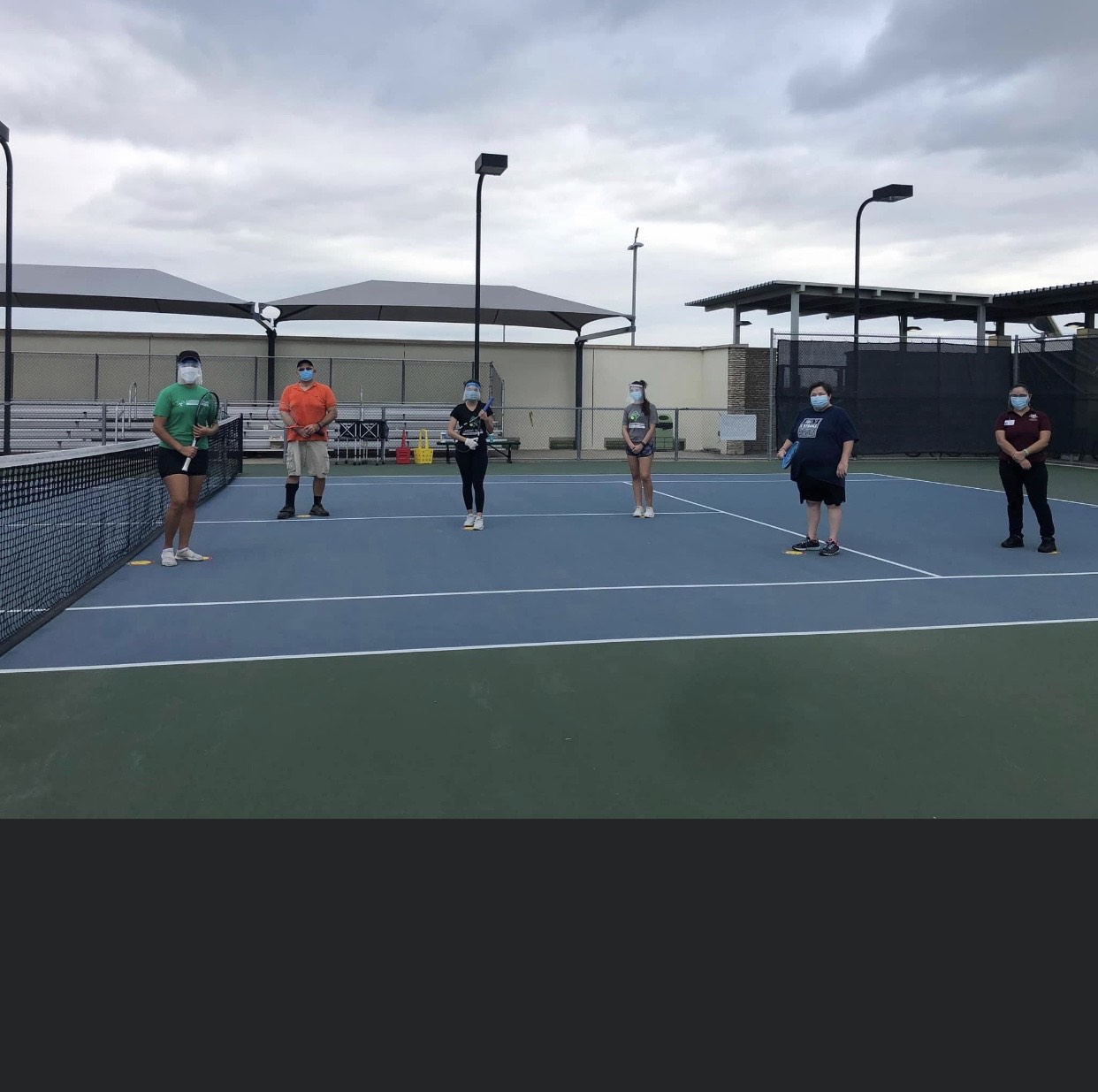
TAMIU College of Nursing and Health Sciences, Dr. F. M. Canseco School of Nursing students provided preventative health education and group activities, including a tennis class via Zoom.

